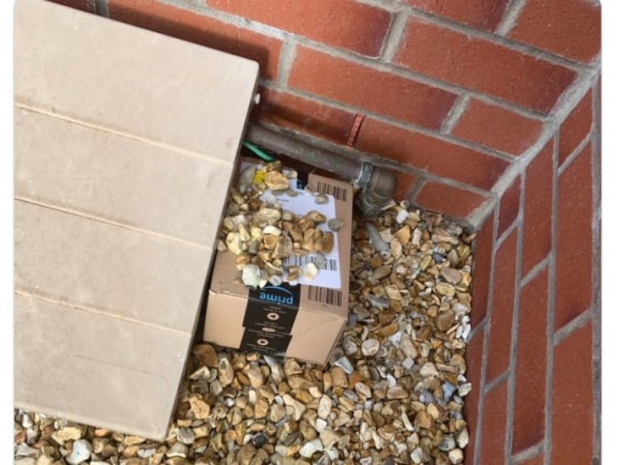The FTC claims Amazon created a "secret algorithm internally code named 'Project Nessie' to identify specific products for which it predicts other online stores will follow Amazon's price increases.
Amazon used Project Nessie to extract more than a billion dollars directly from Americans' pocketbooks," the FTC said.
Amazon began testing the pricing algorithm in 2010 to see if other online retailers tracked its prices and to raise prices for products that were likely to be tracked by competitors, the complaint said.
After outside retailers began matching or increasing their prices, Amazon would continue to sell the product at an inflated price, the FTC alleged, which resulted in $1 billion in excess profit.
Amazon paused the algorithm during its Prime Day sales events and the holiday shopping season when there was more media and customer attention on the online retailer, the FTC said.
"After the public's focus turned elsewhere, Amazon turned Project Nessie back on and ran it more widely to make up for the pause," the lawsuit said.
In April 2018 Amazon used the code to set prices for more than eight million items purchased by customers that collectively cost almost $194 million, the complaint said, before pausing it in 2019.
Amazon retail executive Doug Herrington in January 2022 asked about using "old friend Nessie, perhaps with some new targeting logic" to boost profits for Amazon's retail arm, the complaint said.
The FTC complaint accuses Amazon of seeking to hide information about operations from antitrust enforcers by using the Signal messaging app's disappearing message feature and said the company destroyed communications from June 2019 to early 2022.
Amazon required sellers using its Prime feature to use its logistics and delivery services, leading to increased fees for sellers who used its fulfillment services from 27 per cent in 2014 to 39.5 per cent in 2018, as per the FTC.
The complaint mentioned that Amazon treated Walmart.com differently, not allowing it to sell on its platform and allegedly deterring Walmart from offering discounts to shoppers who picked up their purchases from Walmart stores.

